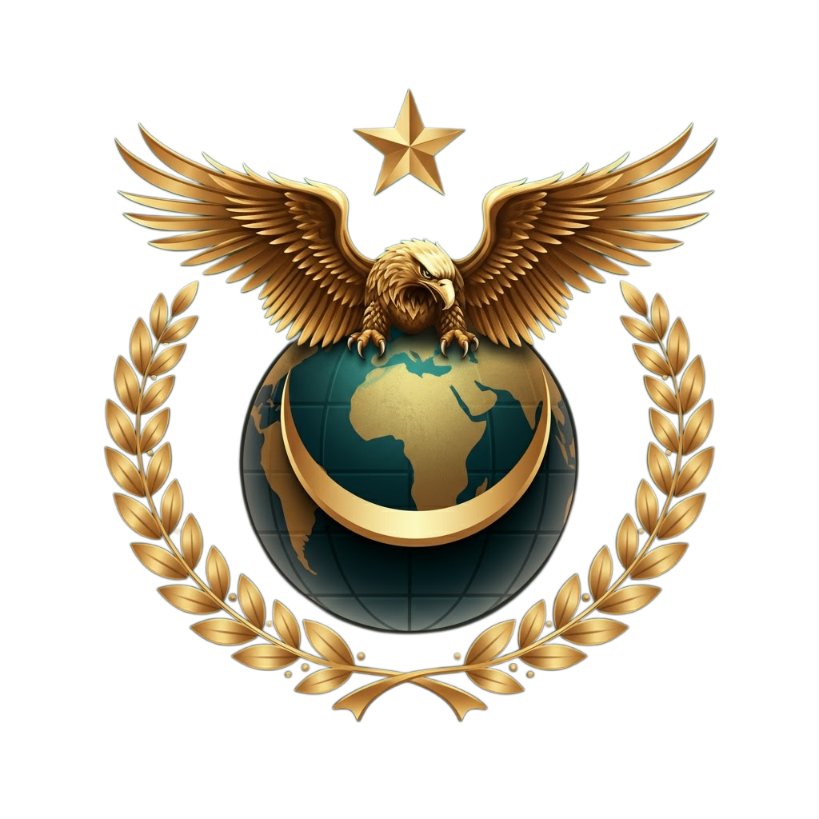Bangladesh Betar plans to reintroduce Urdu programming

Photo: Collected
Officials of Bangladesh Betar, the country's oldest electronic mass media outlet, gathered to explore the possibility of reinstating its Urdu service. A representative from Betar confirmed that the meeting occurred last Thursday.
The announcement for the meeting was also posted on Bangladesh Betar's website at 11:00am yesterday, with the notice having been uploaded the previous Wednesday evening.
When asked about the meeting results on Thursday evening, Mohammad Salahuddin, the additional director general (programmes) told bdnews24.com, "No decision has been finalised yet. We are unable to comment until a decision is reached. Once a decision is made, it will be approved by the director general and forwarded to the ministry before any official announcement."
The meeting was announced through a notice signed by Betar Director Shahnaj Begum stating that, "A Salam, on behalf of the listed artistes, applied to the directorate general of Radio on September 10, requesting the resumption of the Urdu service at the Foreign Service Office. In response to this application, the additional director general scheduled a meeting for Thursday."
The additional director general requested that the heads of headquarters and units or centres in Dhaka, along with the heads of the programme, engineering, and message branches, attend the meeting promptly.
According to its website, Bangladesh Betar's external services department airs five hours of daily programming and news in Bengali, English, Arabic, Hindi, and Nepali. These broadcasts are available via shortwave (4750 kHz, 63.16 metres), mobile app, and the website.
The purpose is to enhance Bangladesh's global image, promote the government's development efforts, and showcase the nation's history, heritage, and culture.
The specialised unit is vital in establishing cultural connections with diverse nations, sharing Bangladesh's history and culture with expatriate Bangladeshis and international audiences in the Middle East, Europe, and South Asia, thus functioning as an audio representative for the country.
Photo: Collected
Officials of Bangladesh Betar, the country's oldest electronic mass media outlet, gathered to explore the possibility of reinstating its Urdu service. A representative from Betar confirmed that the meeting occurred last Thursday.
The announcement for the meeting was also posted on Bangladesh Betar's website at 11:00am yesterday, with the notice having been uploaded the previous Wednesday evening.
When asked about the meeting results on Thursday evening, Mohammad Salahuddin, the additional director general (programmes) told bdnews24.com, "No decision has been finalised yet. We are unable to comment until a decision is reached. Once a decision is made, it will be approved by the director general and forwarded to the ministry before any official announcement."
The meeting was announced through a notice signed by Betar Director Shahnaj Begum stating that, "A Salam, on behalf of the listed artistes, applied to the directorate general of Radio on September 10, requesting the resumption of the Urdu service at the Foreign Service Office. In response to this application, the additional director general scheduled a meeting for Thursday."
The additional director general requested that the heads of headquarters and units or centres in Dhaka, along with the heads of the programme, engineering, and message branches, attend the meeting promptly.
According to its website, Bangladesh Betar's external services department airs five hours of daily programming and news in Bengali, English, Arabic, Hindi, and Nepali. These broadcasts are available via shortwave (4750 kHz, 63.16 metres), mobile app, and the website.
The purpose is to enhance Bangladesh's global image, promote the government's development efforts, and showcase the nation's history, heritage, and culture.
The specialised unit is vital in establishing cultural connections with diverse nations, sharing Bangladesh's history and culture with expatriate Bangladeshis and international audiences in the Middle East, Europe, and South Asia, thus functioning as an audio representative for the country.






